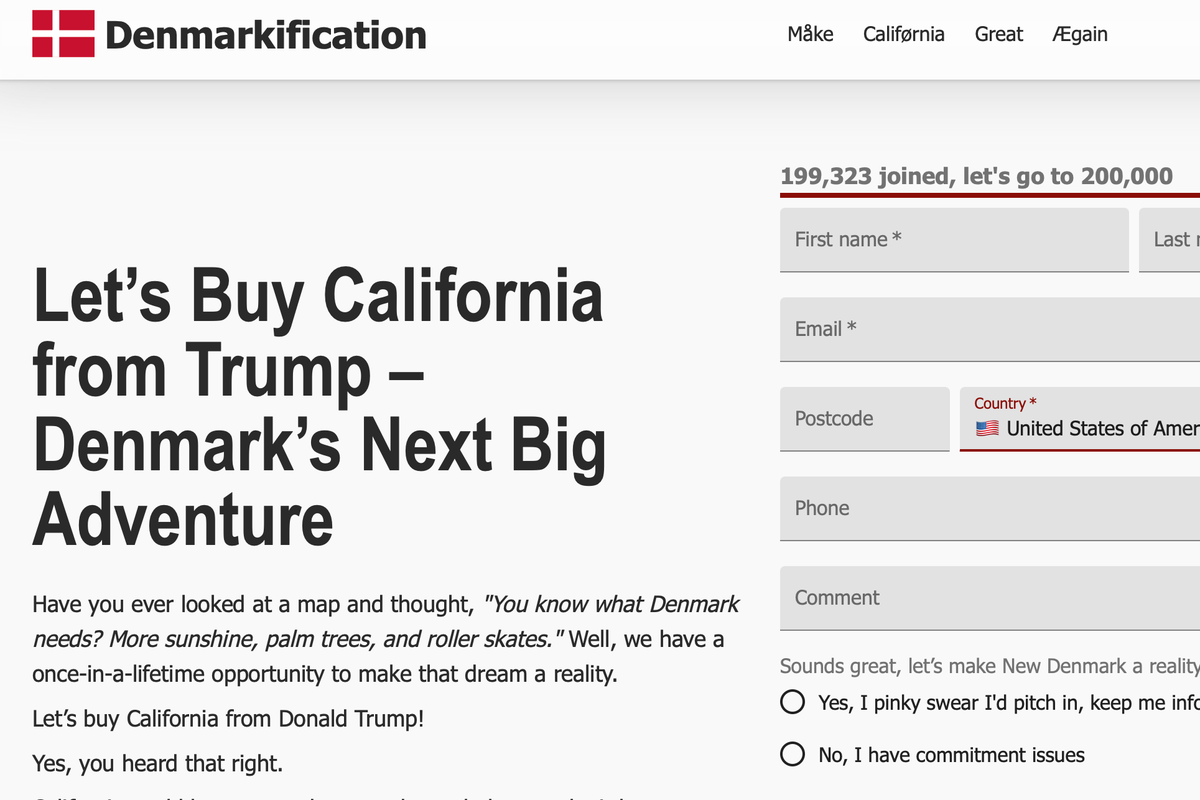ArmyRick
Army.ca Veteran
- Reaction score
- 2,971
- Points
- 1,010
Especially in the harsh coldness of Canada. It will reduce many a tough talking paper tigers to give up fast and beg for to surrender.A lot of people say they will fight - until the time comes and bullets start to fly as well...






